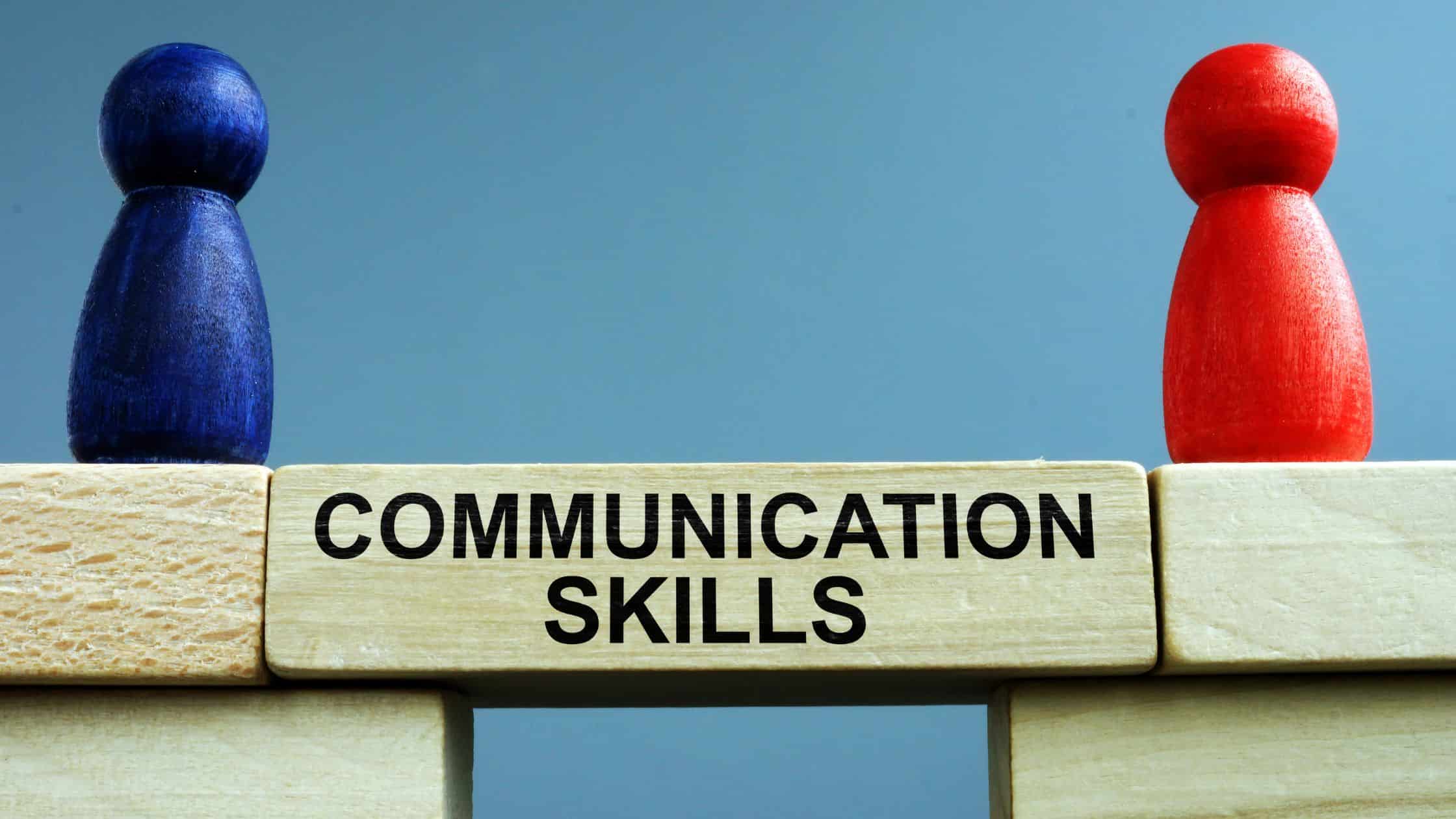Communication is essential to life, and effective communication skills are vital for success in both personal and professional relationships. Communication is even more critical in the workplace, as it is the foundation of collaboration, teamwork, and productivity. This article will explore the essential communication skills everyone should master to become an effective communicator.
1. Active Listening
Active listening is a critical communication skill that requires a person to fully concentrate on what another person is saying. It involves paying attention to verbal and non-verbal cues, such as body language, tone of voice, and facial expressions. To become an active listener, one must remain fully engaged in the conversation, ask questions, and provide feedback to the speaker.
Active listening is critical in the workplace, where it can help to build better relationships with colleagues, improve collaboration, and prevent misunderstandings. Active listening can also help you to develop empathy and understanding, which is essential when dealing with customers, clients, and colleagues.
2. Clarity
Clarity is essential in effective communication. It involves being clear and concise when communicating a message. When communicating a message, use straightforward language and avoid jargon or technical terms that the listener may need help understanding.
Clarity is an essential communication skill in the workplace, where it can help prevent misunderstandings and ensure everyone is on the same page. When communicating a message, provide all necessary information and be specific about the requirements.
3. Non-Verbal Communication
Non-verbal communication means using body language, gestures, and facial expressions to convey a message. This type of communication is often more powerful than verbal communication, as it can communicate emotions and attitudes that words alone cannot.
In the workplace, non-verbal communication is essential in building trust and rapport with colleagues and customers. Therefore, you should know their body language and ensure it conveys the appropriate message. For example, someone slouching or looking down appears uninterested or disengaged.
4. Empathy
Empathy is the ability to understand and share the feelings of another person. Demonstrating empathy is a vital communication skill, as it allows one to connect with others on a deeper level and build trust and understanding.
Empathy is crucial in the workplace, where it can help to create a positive and supportive work environment. In addition, people who demonstrate empathy are likelier to build strong relationships with colleagues, customers, and clients.
5. Tone of Voice
The tone of voice is an essential communication skill. The tone of voice can convey various emotions and attitudes, such as confidence, enthusiasm, or sarcasm. To be an effective communicator, one should be aware of their tone of voice and ensure it conveys the appropriate message.
In the workplace, tone of voice is essential in building trust and rapport with colleagues and customers. When you are enthusiastic and confident in your tone of voice, you are more likely to be perceived as competent and trustworthy.
6. Feedback
Feedback is an invaluable communication skill. Giving and receiving feedback allows individuals to understand how their communication is received and make any necessary adjustments.
In the workplace, feedback is essential in improving collaboration and teamwork. Therefore, you should be open to receiving feedback from colleagues and be willing to provide feedback in a constructive and supportive manner.
7. Respect
Respect is an essential component of effective communication. Demonstrating respect involves treating others with dignity and consideration and acknowledging their ideas and opinions.
Respect is essential in building trust and rapport with colleagues and customers. Employees who respect others are likelier to be perceived as trustworthy and reliable.
8. Confidence
Confidence is an essential aspect of effective communication. Having confidence involves being self-assured and demonstrating conviction in your message.
Confidence is essential in building trust and credibility with colleagues and customers. People who demonstrate confidence in their communication are more likely to be perceived as competent and trustworthy.
9. Adaptability
Adaptability is an essential skill in effective communication. Flexibility and adaptability involve adjusting one’s communication style to suit the listener’s needs.
Adaptability is essential in building strong relationships with colleagues and customers. People who are adaptable in communication are more likely to be perceived as considerate and understanding.
10. Conflict Resolution
Conflict resolution is an essential skill in effective communication. Dealing with conflict involves managing and resolving conflicts constructively and positively.
Conflict resolution is essential in maintaining a positive and productive work environment in the workplace. In addition, people who are skilled in conflict resolution are more likely to build strong relationships with colleagues and customers.
Effective communication is an essential skill that everyone should master. Effective communication can help build strong connections, prevent misunderstandings, and foster collaboration and teamwork in personal or professional relationships. By learning the essential communication skills outlined, you can become an effective communicator and achieve success in all areas of life.


